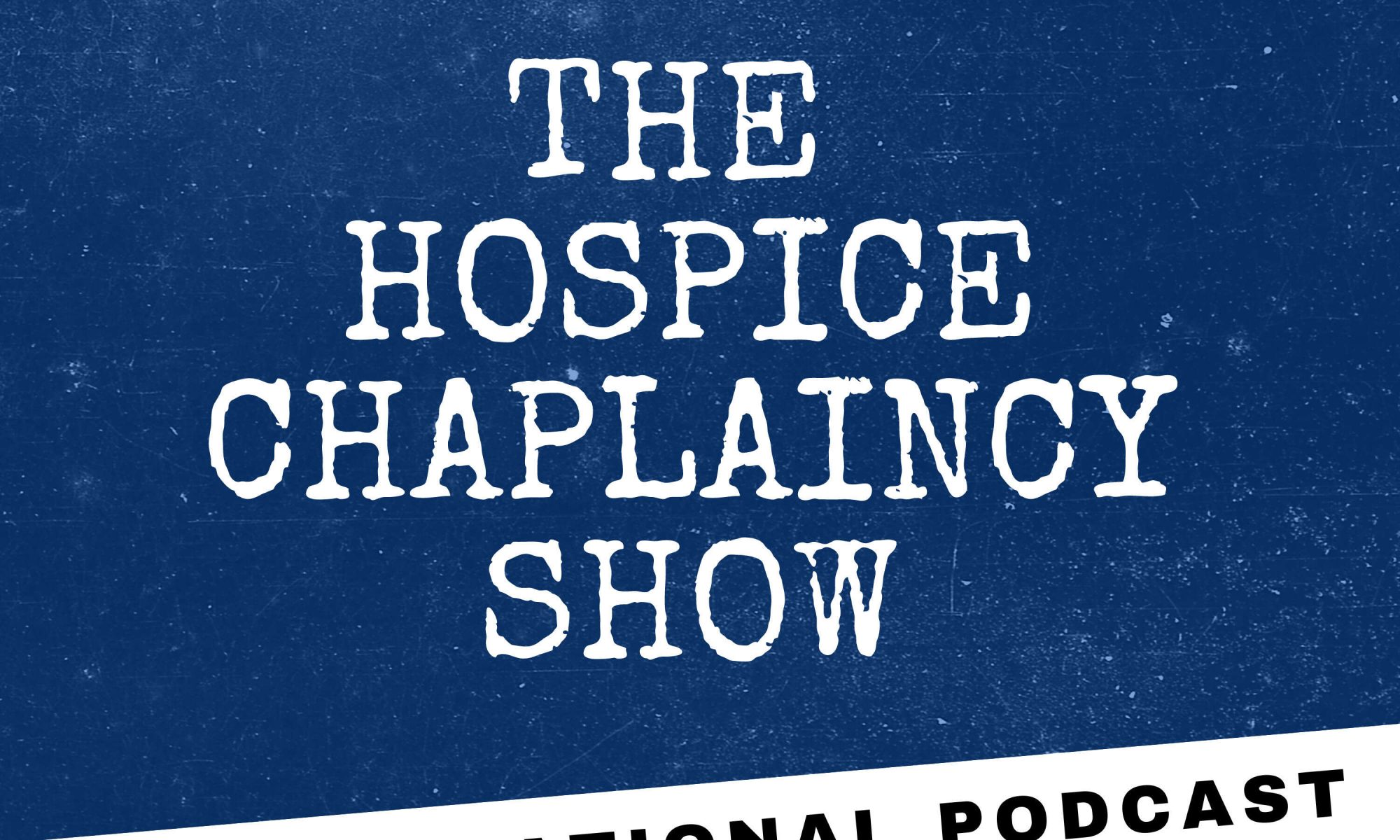While working for the military as a DOD Contractor, she was approached by an active duty chaplain and asked if she wanted to become active duty chaplain. This led to her pursing her chaplaincy career. Although she did not go to active duty, she fulfilled all her requirements to become an active duty chaplain and mentored under the Air Force chaplains for 5 years and 2 years under an Army chaplain.
Episode 25: Renshin Bunce on her new book, “Love and Fear: Stories from a hospice chaplain”
Rev. Renshin Bunce is a California native, she began her meditation practice in midlife years, propelled by yearning for a peaceful mind. In 1994 she met her first teacher, Myōgen Steve Stücky, and received lay ordination with him at Dharma Eye Zen Center in 1996. In 2002 Renshin moved to Tassajara Zen Mountain Center monastery where she lived and practiced for three years. In 2003 she received priest ordination from Zenkei Blanche Hartman, returned to Tassajara in 2008 to be Shuso (head student) with Myōgen, and received dharma transmission from him in 2013. In 2014 Renshin published an account of her journey of home-leaving in a Tassajara memoir: Entering the Monastery.
Renshin’s new book, Love and Fear: Stories from a Hospice Chaplain: is a series of stories about people she has met while she learns that every death is different, and there are no universal rules or easy answers in hospice care. Through the telling of these stories Renshin shows what’s possible, allowing the reader to learn along with her as she continues to ask, What am I supposed to do? What is help? What is it to be human? You can order the book on amazon or https://www.renshinbunce.com/
Episode 24: A talk with Dr. Marion on her book, “Elder Care Made Easier”
While others might avoid elder care issues at every turn, Dr. Marion has made caring for the elderly her life’s work. She loves her work and it shows. “If an individual has lived to be 90 years old, they must have some real skills and smarts to get their needs met in life. It’s vital we tap into the wisdom, strength, and life strategies of the elderly before they pass on.”
Episode 23: A talk with Ashley Gower who is a Registered Nurse and Director of Hospice at Hospice of the Cherokee in Tahlequah, Oklahoma.
Therefore, Ashley’s team is there to help the patient and family as they struggle to adjust to the reality they’re facing. Their primary responsibility is to the patient and making sure their wishes are honored. These wishes aren’t always in accordance with the family’s wishes. They must maintain a focus on the patient’s preferences and respecting their autonomy while at the same time supporting the family as they navigate a process they have likely never been through before.
Episode 22: Colleen Hansen and Joe Newton on the importance of pet therapy
Animal‐assisted therapy is currently provided by various health‐care or human service professionals within the bounds of their particular field of expertise. The therapeutic use of animals can occur in three basic ways: (i) pets are used as companions for individuals who are either living independently in their own home or in assisted living facilities; (ii) pets are used in institutions where they help to stimulate and/or be companions to the residents; and (iii) animals visit institutions to help stimulate the residents’ interest and provide a topic of conversation.
Episode 21: Daniel Haas and Dave Chambers on the art of Hospice Chaplaincy in a diverse society
Hospice Chaplains spend thousands of hours perfecting skills that many people assume come naturally: sitting and listening. They become masters of the ministry of presence, bringing the same professionalism to spiritual care that doctors bring to surgery. In today’s episode, we talk to our guests about the art of Hospice Chaplaincy. On the job, Hospice chaplains have no scripts to follow or party tricks to employ. They learn to meet tragedy with humility and an open mind.
Episode 20: Gloria Miguens on working as a Hospice Chaplain in Argentina
Gloria is also a trained reflexologist and occasionally works with patients with multiple sclerosis and street children in Argentina. Her calling to hospice ministry came after the death of her 18-year-old niece with brain hemorrhage. In 2013, she decided to also become an end of life educator. Most of her lectures are in parishes, hospitals, schools from north to south in Argentina and wherever she is invited.
Episode 19: Dr. Sara K. Schneider- On her invention of “The Human Journey®” and its relevance for hospice and palliative care.
Prior to committing to making THE HUMAN JOURNEY® a working reality in professional settings around the country, Sara was a tenured professor in leadership studies. She is committed to serving those who work with families in hospice, healthcare, veterans services, and prison settings. Her work on an extraordinary yoga program started and run by incarcerated men in western Illinois was published in 2019 and she was featured in a Canadian documentary on the program, as well as on radio and television programs on her work as a performance anthropologist.
Among her other writings are the books Art of Darkness, Vital Mummies, and Concert Song as Seen; and the plays American Yogi, Color Story, In Peerage Out, and Reprehensible Shoes. During her years in New York City, Sara was the founder and artistic director of the theatre company Chaparral Productions.
You can find more about her work here; https://the-human-journey.com/
Episode 18: Laura Goble on L’Arche as a “University for the Heart”
L’Arche is a place of mutually transformative relationships. All of us, whether or not we live with an intellectual disability, desire a sense of belonging. In L’Arche, people of differing intellectual capacities, social origins, religions, and cultures build relationships rooted in trust and vulnerability. By sharing daily life together, community members experience L’Arche as a “University for the Heart,” where they learn true friendship and teach one another to love unconditionally.
You can read more about L’Arche USA here; https://www.larcheusa.org/
Episode 17: Interview with Dr. Kenneth Doka
Episode talking points
Dr. Doka’s childhood, family, and faith backgrounds
CPE experience in the early 70s
His master’s degree thesis on “Pastoral counseling to the dying child and his family” and the reason behind that title.
Changes in grief theories and understanding of grief in the last 50 years
The story behind his first book “disenfranchised grief” in 1989
The role of rituals in facilitating grief
The background behind his book, “Death and spirituality”
Christina Puchalski’s role in the development of spiritual care in the healthcare setting
His assumption that following this pandemic we are going to have a pandemic of complicated grief.
The need for chaplains to have good counseling referral sources.
His potential fiction book
The story behind his book “Grieving beyond gender.”


